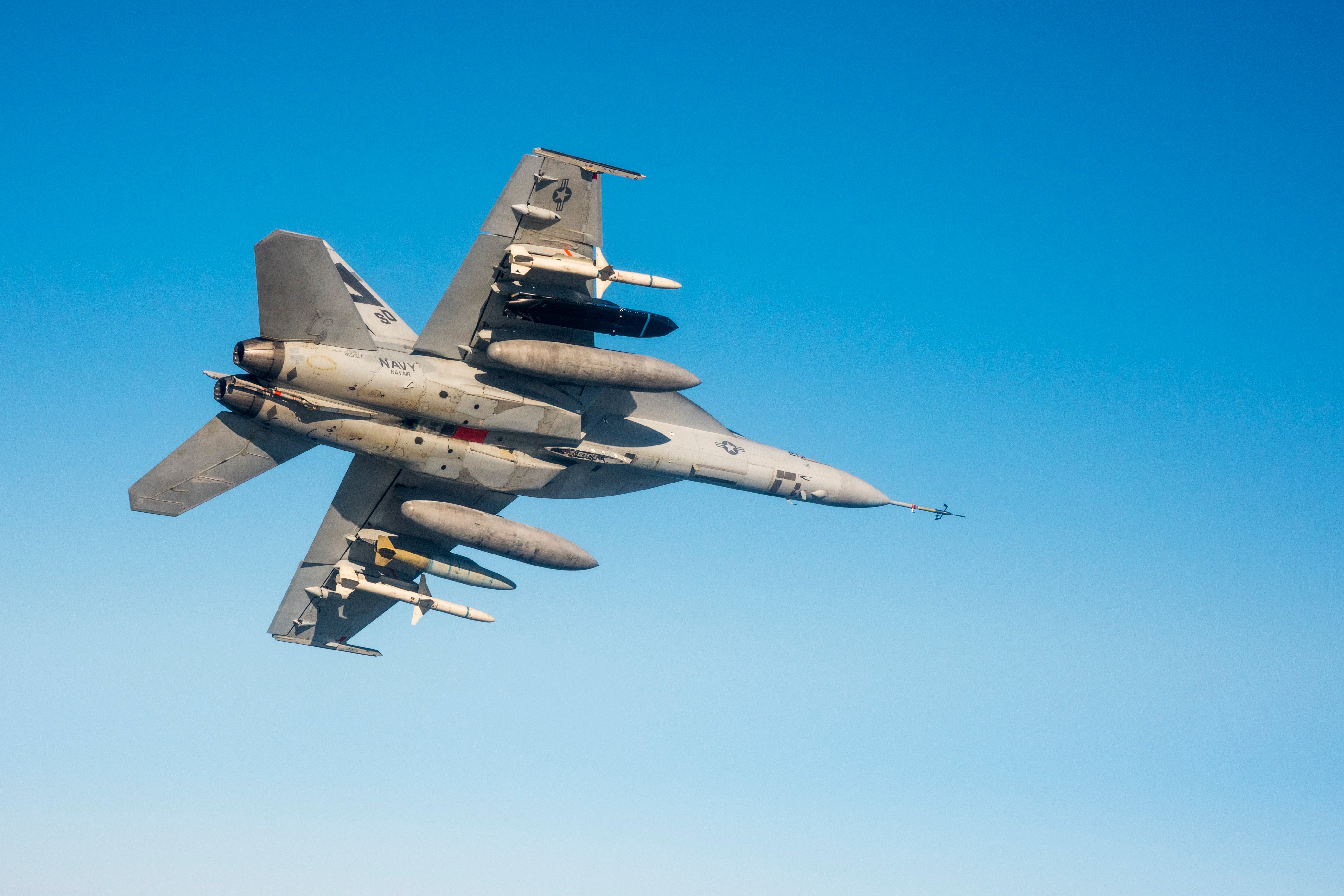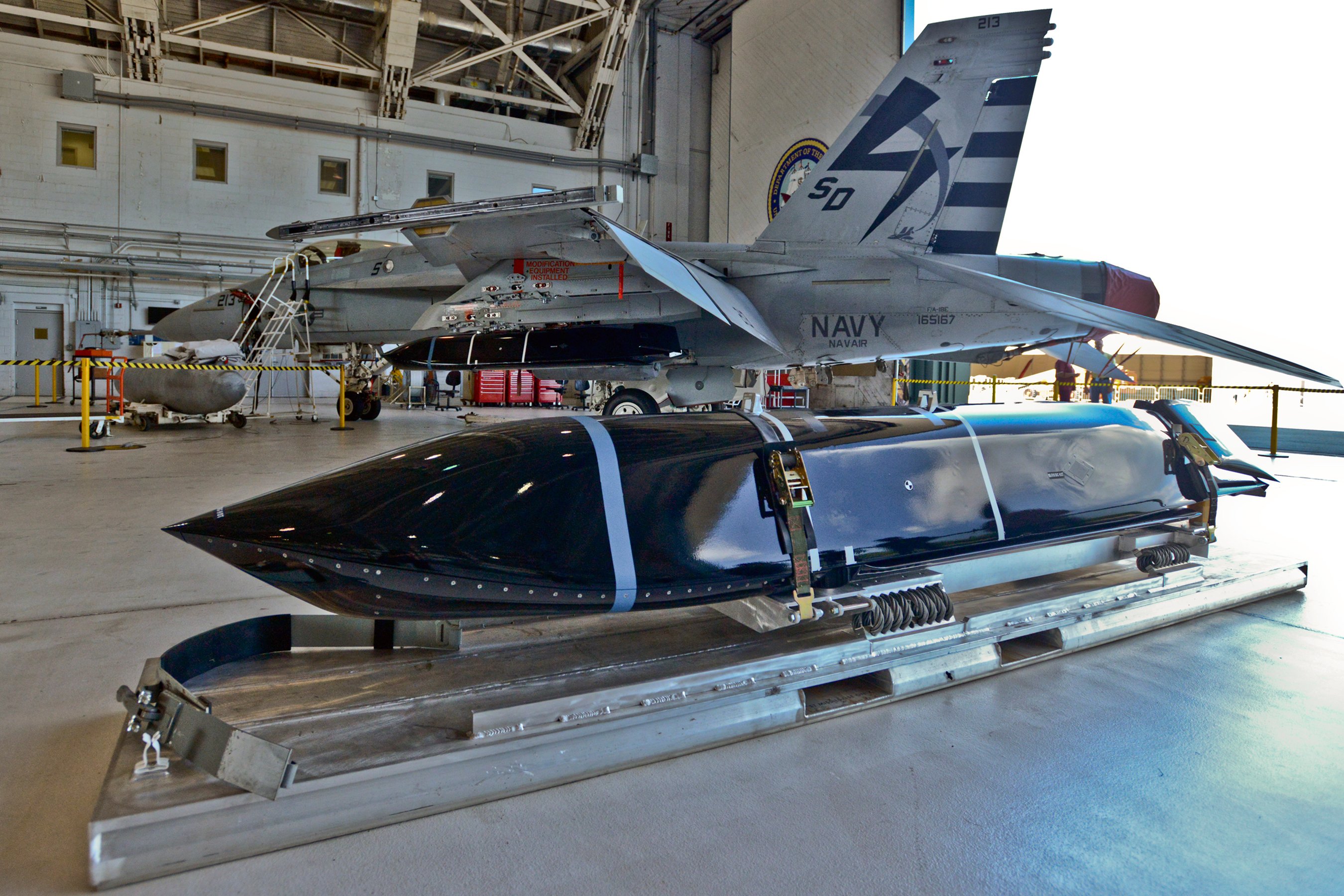
The next-generation Long-Range Anti-Ship Missiles (LRASM) achieved early operational capability (EOC) with the F/A-18E/F last month, bringing new capabilities to U.S. naval aviation.
A Naval Air Systems Command public affairs officer told Naval News, “the Navy achieved early operational capability (EOC) for the Long Range Anti-Ship Missile (LRASM) on the F/A-18 in November 2019. LRASM will play a significant role in ensuring military access to operate in the Pacific and in the littorals by providing a long-range surface warfare capability.”
The AGM-158C LRASM achieved early operational capability with the U.S Air Force B-1B bomber in December 2018, ahead of schedule. A single B-1B Lancer can carry and deploy up to 24 LRASM.
LRASM was set to achieve its Super Hornet EOC at the end of September, as reported by Naval News, but this was delayed, Inside Defense first reported.
LRASM is designed to detect and destroy specific targets within groups of ships by employing advanced technologies that reduce dependence on intelligence, surveillance and reconnaissance (ISR) platforms, network links and GPS navigation in electronic warfare environments. LRASM will play a significant role in ensuring military access to operate in open ocean and blue water environments, owing to its enhanced ability to discriminate and conduct tactical engagements from extended ranges.
BAE Systems’ long-range sensor and targeting technology enable LRASM to detect and engage protected ships in all weather conditions, day or night, without relying on external intelligence and navigation data.

The advanced LRASM sensor technology builds on BAE Systems’ expertise in electronic warfare (EW), signal processing and targeting technologies, and demonstrates the company’s ability to apply its world-class EW technology to small platforms.
Armed with a 1,000-pound penetrating blast fragmentation warhead, LRASM is low observable and likely has a range comparable with the Joint Air-to-Surface Standoff Missile Extended Range (JASSM ER) of around 500 nautical miles.
LRASM is designed to meet the needs of the Navy and Air Force in contested environments. The air-launched variant provides an early operational capability for the Navy’s Offensive Anti-surface Warfare Increment I requirement.
LRASM may soon find its way aboard the Air Force B-52 bomber and maybe, someday, aboard the Navy P-8A Poseidon.
On the international front, Naval News learned recently that Lockheed Martin is promoting LRASM in Australia.
A version of this post originally appeared on Naval News. It’s been republished here with permission.





